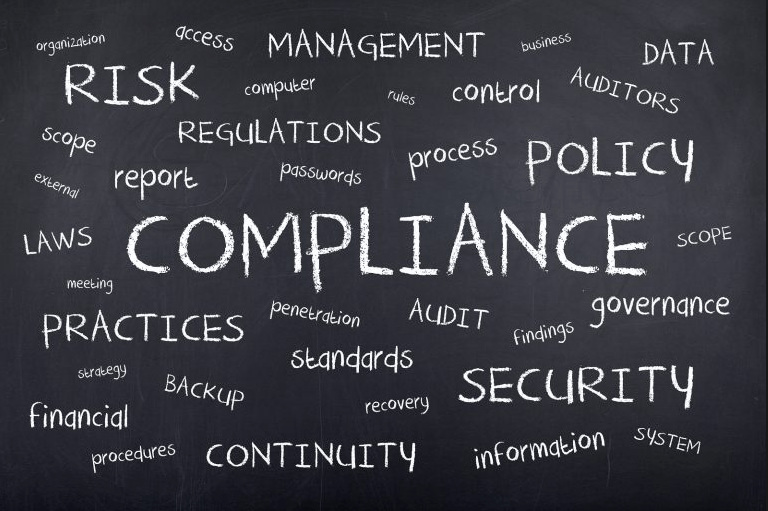Anti-Money Laundering (AML) regulations are in place to help protect financial institutions from illegal activities. These regulations set out requirements for financial institutions to identify, monitor and report suspicious transactions that could be related to money laundering or terrorist financing. Let’s take a look at the basics of AML regulations and what they mean for businesses.
What is Money Laundering?
Money laundering is a process used by criminals to disguise the source of illegally obtained funds. It enables criminals to use those funds without being detected or traced back to their criminal activity. Criminals can move their ill-gotten gains through various accounts, investments, and other complex transactions in order to obscure the origin or destination of those funds.
What are AML Regulations?
AML regulations are designed to detect money laundering activity and prevent it from occurring. These laws require financial institutions such as banks, investment firms, insurance companies, and securities brokers/dealers to develop an anti-money laundering program that includes customer due diligence, internal audit controls, and ongoing monitoring/testing of their program. This helps ensure that any suspicious activity is identified quickly and reported appropriately.
Financial institutions must also comply with know your customer (KYC) regulations which require them to obtain certain identifying information about all customers including their name, address, date of birth, etc. This helps them determine whether a transaction is legitimate or not.
Additionally, financial institutions must have policies in place for reporting suspicious activities as well as proper recordkeeping procedures so they can easily access customer information when needed.
Key AML Regulations
The most important AML regulations are the Bank Secrecy Act (BSA), the USA PATRIOT Act (PATRIOT Act), and the Financial Action Task Force (FATF). The BSA was created by Congress in 1970 to combat money laundering and other criminal activities. It requires financial institutions to report suspicious activity to regulatory agencies. The PATRIOT Act was enacted in 2001 in response to the September 11th terrorist attacks. It focuses on preventing terrorism financing through increased surveillance and scrutiny of financial transactions. The FATF is an intergovernmental organization that sets international standards for combating money laundering and terrorism financing.
Importance of AML Regulations
AML regulations are incredibly important because they help protect financial organizations from abuse or exploitation by criminals looking to launder money or finance terrorist activities. By requiring financial institutions to monitor their customers’ activities more closely, it makes it much harder for criminals to move large sums of money without being detected. This helps create a more secure global financial system that can benefit everyone involved in international trade and commerce.
Who’s Using AML Regulations?
AML regulations are used by many different types of organizations around the world including banks, insurance companies, stock brokers, casinos, real estate agents, travel agents, lawyers, and accountants. All these organizations must comply with applicable AML laws when conducting business with customers from other countries or dealing with large sums of cash or wire transfers.
Failure to comply can lead to heavy fines or even criminal charges for those found guilty of not following proper KYC procedures or failing to report suspicious activity.
How AML Regulations Work?
AML regulations require organizations to put in place processes for customer identification and verification known as “Know Your Customer” (KYC). This means that when dealing with customers from other countries or handling large sums of cash or wire transfers, organizations must collect identifying information such as name, address, date of birth, etc before processing any transaction requests.
Organizations must also screen all incoming transactions against international lists of sanctioned individuals/entities in order to ensure they are not doing business with anyone blacklisted by local/international governments.
Additionally, they must monitor customer accounts regularly for suspicious activity like unusually large deposits/withdrawals or sudden changes in account ownership/activity patterns, etc., which could indicate fraudulent activity taking place.
Conclusion:
AML regulations are essential for protecting both financial institutions and customers from illegal activities such as money laundering. They set out requirements for businesses to identify potential money laundering activity and report it accordingly so it can be investigated further by law enforcement authorities if necessary.
By understanding the basics of AML regulations, businesses can better protect themselves from potential fraudsters while still providing excellent service to their customers. Knowing your customers is key – if you understand who you’re dealing with and have appropriate measures in place then you’ll significantly reduce your chances of becoming a victim of fraud or money laundering schemes!






1 thought on “Understanding the Basics of AML Regulations”